Books

The Really Useful Elementary Science Book
(2010) – New York: Routledge

Creating a Classroom Community of Young Scientists
2nd Edition – (2007) – New York: Routledge
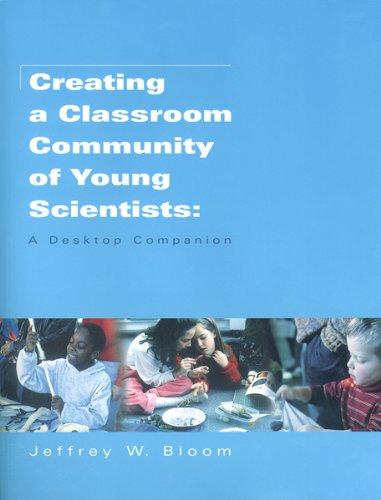
Creating a classroom community of young scientists: A teacher’s desktop companion
(1998) – Concord, Ontario, Canada: Irwin Publishing.
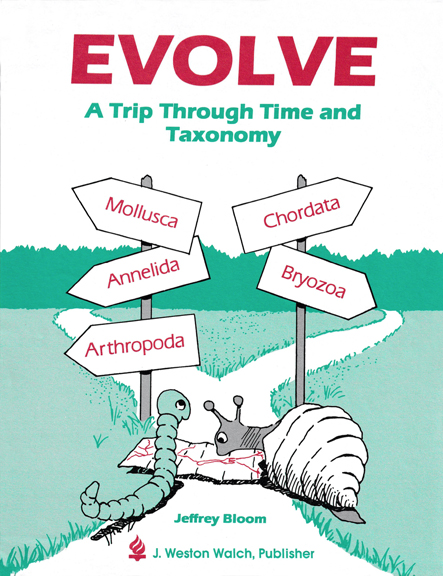
Evolve: A Trip Through Time and Taxonomy
(1991) – Portland, ME: J. Weston Walch, Publisher
Activity Book that accompanied software with the same name
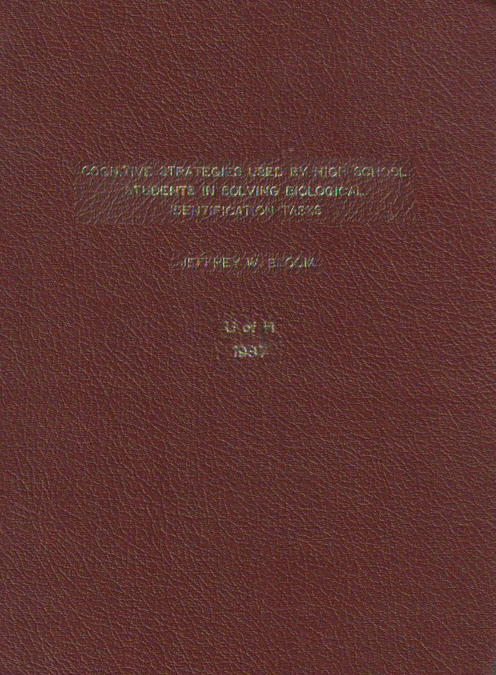
Cognitive strategies used by high school students in solving biological identification tasks
(1987) Dissertation, College of Education, University of Houston-University Park, Houston, TX
Dissertation Abstracts International, 49/05, 1107A (1988)
Chapters in Books & Conference Proceedings
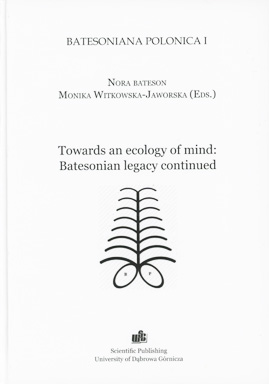
Addiction, education, and beyond: Pathological patterns and contexts
In N. Bateson and M. Witkowska-Jaworska (Eds.). (2017), Batesoniana Polonica I: Towards an ecology of mind: Batesonian legacy continued (pp. 27—45). Dąbrowie Górnicza: Wydawnictwo Naukowe
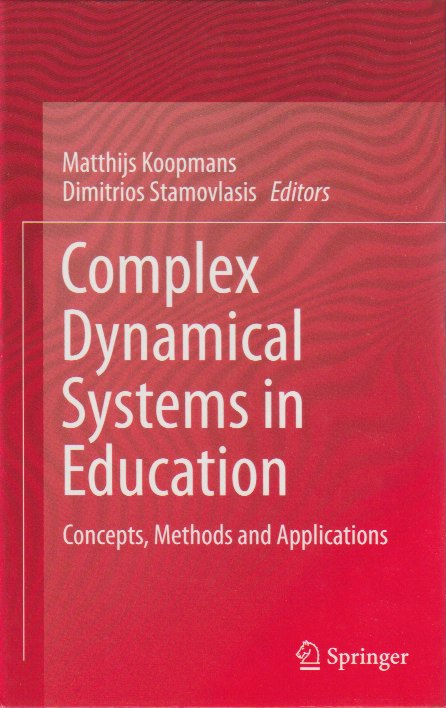
Qualitative research in the complexity sciences: A Batesonian perspective for education
In M. Koopmans & D. Stamovlasis (Eds.)a. (2016). Complex dynamical systems in education: Concepts, methods, and applications (pp. 23—37). New York: Springer
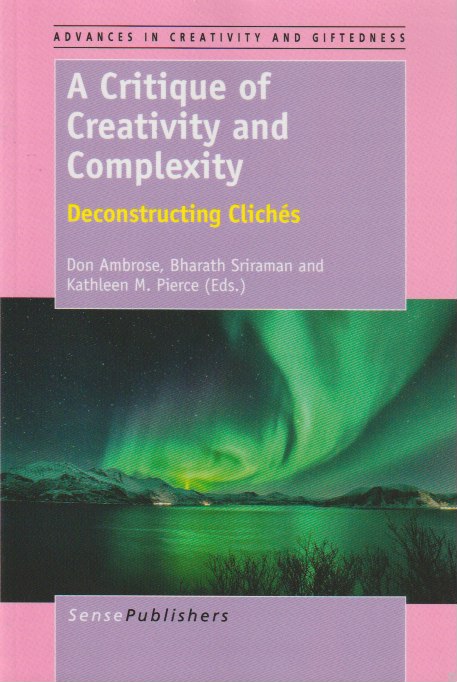
Complexity, patterns, and creativity
In D. Ambrose, B. Sriraman, and K. M. Pierce (Eds.). (2014). A critique of creativity and complexity: Deconstructing clichés (pp. 199-214).. Rotterdam, The Netherlands: Sense Publishers
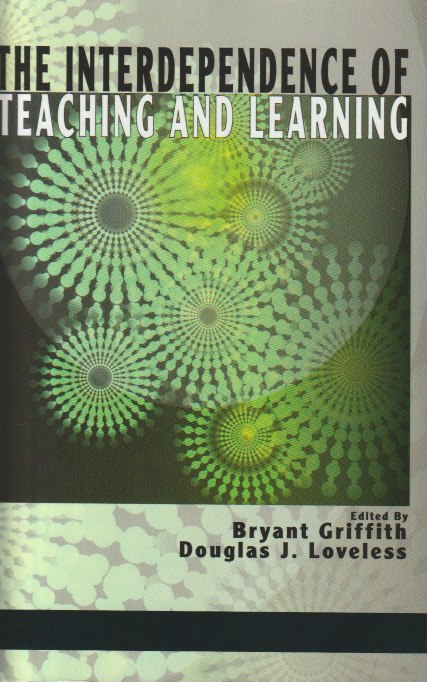
The nature and dynamics of relationships in learning and teaching
In B. Griffith, & D. J. Loveless (eds.). (2012). The interdependence of teaching and learning. Charlotte, NC: IAP.
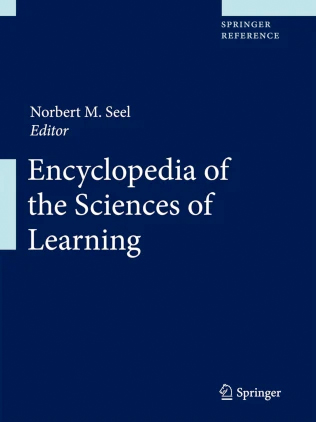
Metapatterns for research into complex systems of learning
with Tyler Volk
In N. M. Seel, (Ed.), (2012) Encyclopedia of the Sciences of Learning (pp. 2243—2247). Heidelberg, Germany: Springer—Verlag
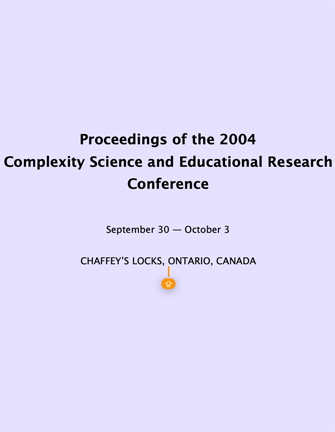
The application of chaos, complexity, and emergent (meta)patterns to research in teacher education
In (2005) Proceedings of the 2004 Complexity Science and Educational Research Conference (pp. 155-191), Sep 30–Oct 3 • Chaffey’s Locks, Ontario, Canada
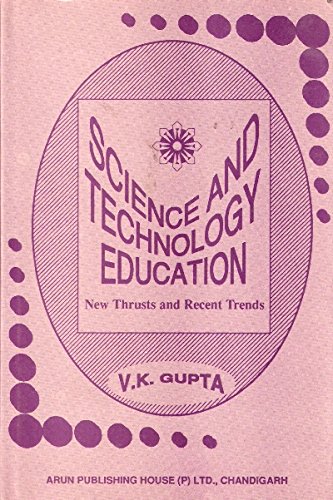
Learning and change from cognitive and sociocultural perspectives: The issue of contextual flexibility
In V. K. Gupta (Ed.), (1996). Science and technology education: New thrusts and recent trends. Chandigarh, India: Arun Publishing House
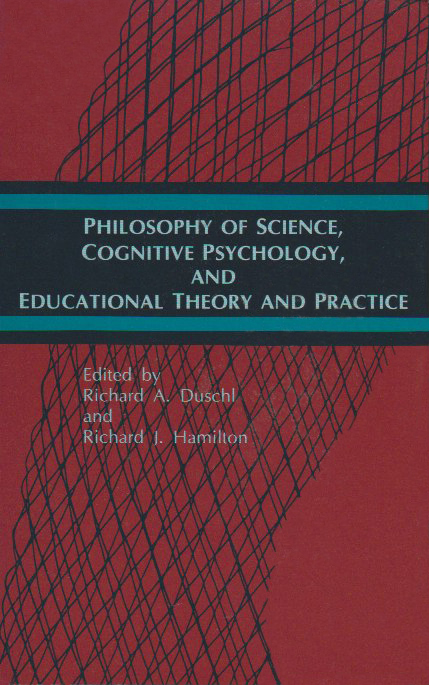
Contexts of meaning and conceptual integration: How children understand and learn
In R. A. Duschl and R. Hamilton (Eds.), (1992)Philosophy of science, cognitive science in educational theory and practice (pp. 177-194). Albany, NY: State University of New York Press
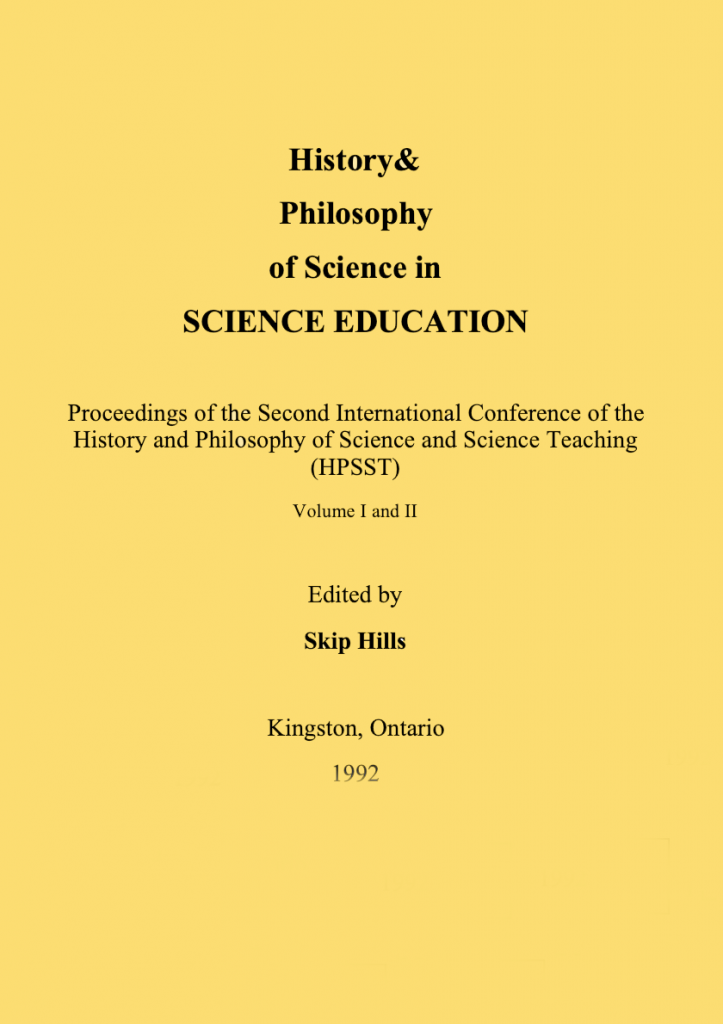
Contextual flexibility: Learning and change from cognitive, sociocultural, and physical context perspectives
In S. Hills (ed.) (1992). The history and philosophy of science in science education: Proceedings of the second international conference on the History and Philosophy of Science and Science Teaching (pp. 115-125). Kingston, Ontario: MSTE Group and Faculty of Education, Queen’s University.
Articles in Refereed Journals & Conference Proceedings
The ecology of communities in schools, businesses, societies and ecosystems
—- (2019) Explorations in Media Ecology, 18(1 & 2), 7–22
An ecology of mind: Teaching—learning complex systems
—- (2013). Kybenetes. 42(9/10), 1346—1353
Ecology of mind: A Batesonian systems thinking approach to curriculum enactment
—- (2012). Curriculum and Teaching, 27(1), 81—100 [Invited paper]
Investigating relationships: Thoughts on the pitfalls and directions
—- (2011). Complicity: An International Journal of Complexity and Education, 8(1), 38—43. )
Toward a science of metapatterns: Building upon Bateson’s foundation
—- Volk, T., Bloom, J. W., & Richards, J. (2007). Kybernetes, 36(7/8), 1070-1080.
The use of metapatterns for research into complex systems of teaching, learning, and schooling. Part I: Metapatterns in nature and culture
—- Volk, T. & — (2007). Complicity: An International Journal of Complexity and Education, 4(1), 25—43
The use of metapatterns for research into complex systems of teaching, learning, and schooling. Part II: Applications
—- & Volk, T. (2007). Complicity: An International Journal of Complexity and Education, 4(1), 45—68
Review of: Lewens, T. 2004. Organisms and Artifacts: Design in Nature and Elsewhere
—- (2005). Ethology, 111(4), 439—440
Patterns that connect: Rethinking our approach to learning, teaching, and curriculum
—- (2004). Curriculum and Teaching, 19(1), 5-26
Discourse, cognition, and chaotic systems: An examination of students’ argument about density
—- (2001). Journal of the Learning Sciences, 10(4), 447-492
Assessing and extending the scope of children’s contexts of meaning: Context maps as a methodological perspective
—- (1995). International Journal of Science Education, 17(2), 167-187
The development of scientific knowledge in elementary school children: A context of meaning perspective
—- (1992). Science Education, 76(4), 399-413
Contexts of meaning: Young children’s understanding of biological phenomena
—- (1990). International Journal of Science Education, 12(5), 549-561.
Comments on “The acquisition of biological knowledge during childhood: Cognitive conflict or tabula rasa?”
—- & J. Borstad. (1990). Journal of Research in Science Teaching, 27(4), 399-403
Pre-service elementary teachers’ conceptions of science: Science, theories, and evolution
—- (1989). International Journal of Science Education, 11(4), 401-415
Protocol analysis of student problem solving on biological classification tasks: Results of a pilot study
—- (1987). Southwest Journal of Educational Research into Practice, 1, 30-33
